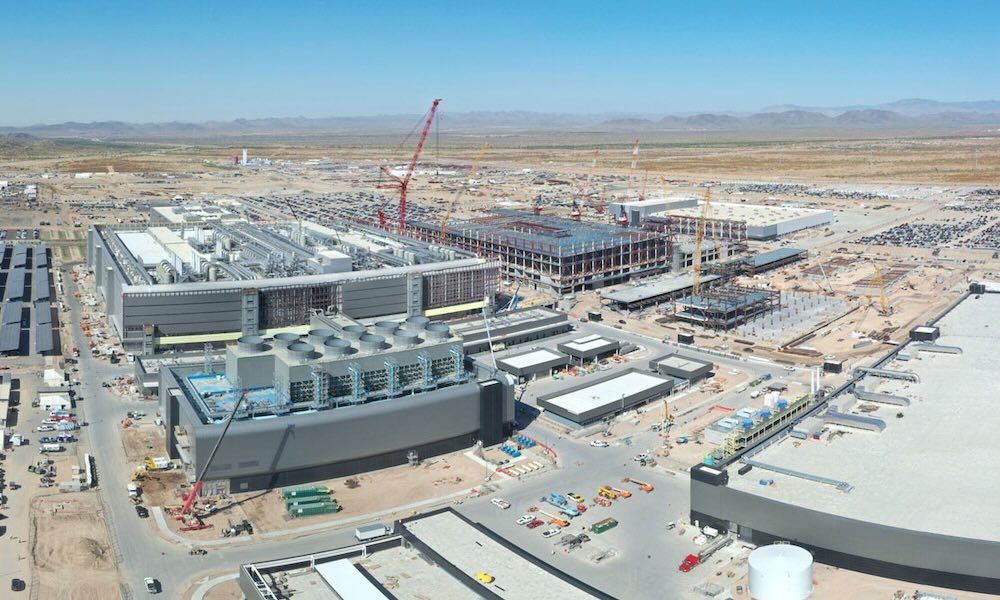Here’s Another Reason Future iPhone Prices Might Spike
 Credit: EverythingApplePro
Credit: EverythingApplePro
Toggle Dark Mode
You’re probably familiar with TSMC (Taiwan Semiconductor Manufacturing Company) by now. TSMC makes some of Apple’s custom chips, also known as central processing units (CPUs) or system-on-a-chip (SoC). They’re a critical Apple partner, making chips that power iPhones, iPads, Apple Watches, and Macs.
After recent meeting between Trump and TSMC’s CEO at the White House, TSMC announced it plans to invest up to $100 billion in the US by building factories and packaging plants. For some perspective, TSMC just released its Q1 2025 earnings boasting a net revenue of $25.53 billion. Their first US plant is now operational in Phoenix, Arizona, with more on the way.
When all is said and done, the US plants will employ about 6,000 people. The idea is that domestic production would reduce costs and avoid tariffs, right? Not so fast.
The Phoenix plant started high-volume production of its 4-nanometer (4nm) process technology in late 2024 and began cranking out new Apple A16 and S9 chips in January. These chips power the iPhone 15, iPhone 15 Plus, Apple Watch Series 9, and the latest entry-level iPad.
At least some 3nm and 2nm chips will be produced in Arizona in the future. These 2nm chips are rumored to eventually power the iPhone 18 and possibly the M6 generation of MacBooks and iPads. Today, there’s speculation that TSMC will increase costs on the 4nm chips produced at the Phoenix plant by as much as 30%. Why?
TSMC has not commented. However, Economic Daily News says the potential price increase is a combination of high demand and rising costs. Are tariffs the reason behind rising costs, and is TSMC considering raising US produced chips to make up for the rest of its global business? Either way, if their US chip prices go up, Apple will foot the bill and possibly pass it on to consumers. And that’s before even considering the impact of tariffs for iPhones assembled abroad in countries like China. Yikes! What’s going on?
Just yesterday we cautioned readers against panic-buying an iPhone. Is this TSMC news a reason to reconsider? Everything seems uncertain at this point. If you need or want a new iPhone in the next year or two, perhaps you’re better off jumping on the iPhone 16 or 17. Hopefully, the financial world will find its way back to neutral soon.








